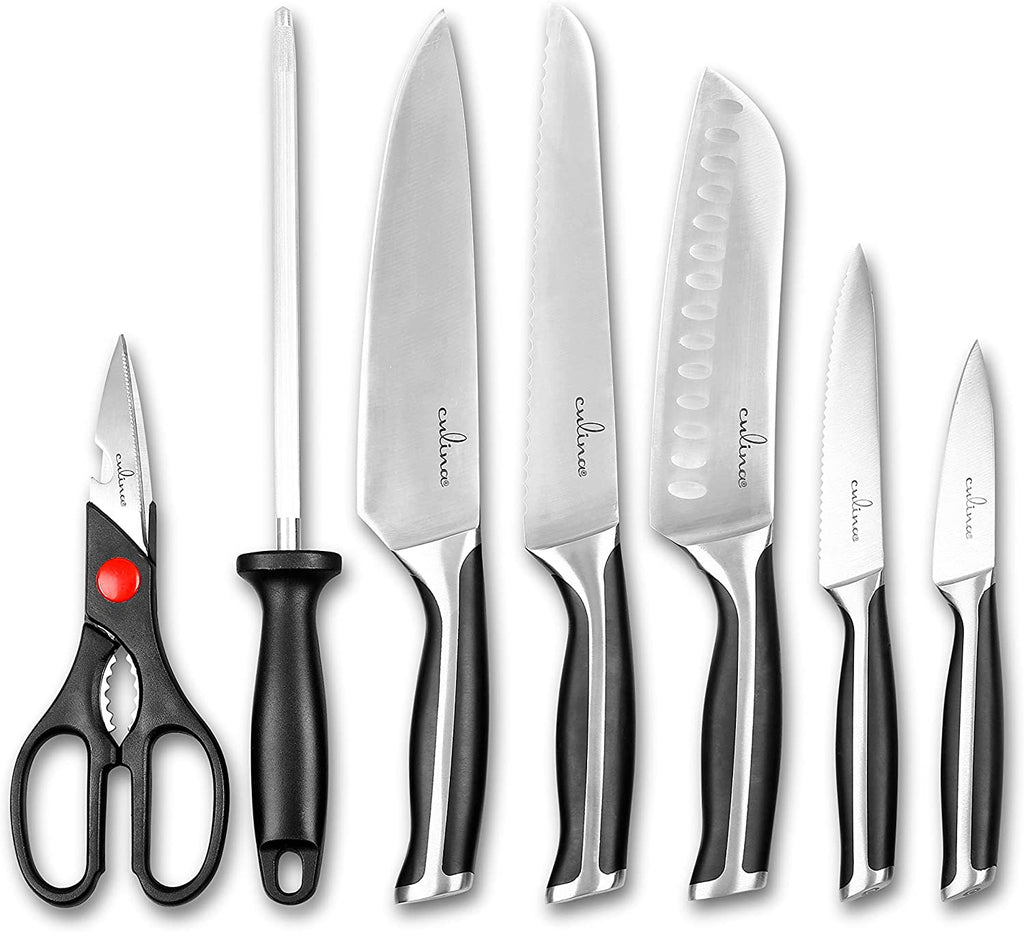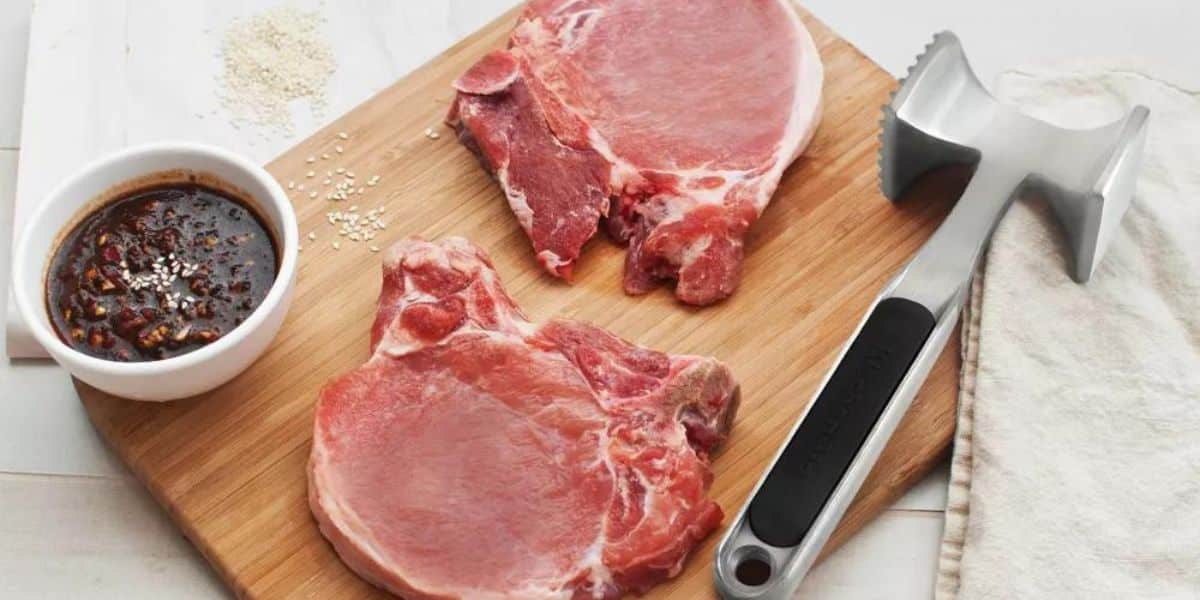How Long Should You Let Meat Tenderizer Sit for Best Results?
Written By James Morgan
Barbecue enthusiasts are always on the hunt for ways to make their meat more flavorful and tender. One common method involves using a meat tenderizer. Understanding how long to let meat tenderizer sit can greatly enhance the texture and taste of your meats. Whether you're preparing for a family barbecue or a weekend grilling session, the right technique can make all the difference.
So, how long should you really let meat tenderizer sit? The answer depends on a variety of factors including the type of meat, the ingredients in the tenderizer, and the desired texture. In this article, we will dive deep into the science and art of using meat tenderizers effectively, and provide you with practical tips to achieve the best results.

Understanding Meat Tenderizers
Before delving into the specifics of timing, it's essential to understand what meat tenderizers are and how they work. Meat tenderizers can be enzymes, acids, or mechanical processes used to break down the muscle fibers in meat, making it easier to chew and digest.
Types of Meat Tenderizers
Enzymatic Tenderizers
Enzymatic tenderizers like papain (derived from papaya) and bromelain (derived from pineapple) are commonly used to soften meat. These enzymes break down the proteins in the muscle fibers, resulting in a more tender texture.
Acidic Marinades
Acids such as lemon juice, vinegar, and yogurt can also tenderize meat by breaking down muscle fibers. These are often used in marinades for both flavor and tenderizing effects.
Mechanical Tenderizing
This method involves physically breaking down the muscle fibers through pounding or scoring the meat. Devices like meat mallets and tenderizer hammers are commonly used for this purpose. Check out our related post on Using a Meat Tenderizer Hammer.

The Science Behind Meat Tenderizing
The primary goal of any tenderizing method is to break down the muscle fibers and connective tissues within the meat. Understanding how long to let meat tenderizer sit involves a bit of chemistry. Enzymes take time to break down proteins, and the rate at which they work can be influenced by temperature, concentration, and the type of meat.
Factors Influencing Tenderizing Time
Several factors influence the effectiveness and timing of meat tenderizers:
- Type of Meat: Different meats have varying degrees of toughness. Beef and lamb usually require longer tenderizing times compared to chicken or fish.
- Protein Structure: Older animals tend to have tougher meat, requiring longer times for tenderizing.
- pH Levels: The acidity of the marinade can influence how quickly the tenderizer works.
- Temperature: Enzymes are generally more active at higher temperatures, but too much heat can denature them, rendering them inactive.

How Long to Let Meat Tenderizer Sit?
Enzymatic Tenderizers
Enzymatic tenderizers usually need anywhere from 15 minutes to several hours to work effectively. For instance, a chicken breast can be tenderized in as little as 15-30 minutes, while a tougher cut of beef might require 2-4 hours.
Acidic Marinades
For acidic marinades, the timing is also crucial. Leaving meat in an acidic marinade for too long can make it mushy. As a rule of thumb:
- Chicken: 1-2 hours
- Pork: 2-4 hours
- Beef: 4-6 hours
Mechanical Tenderizing
Mechanical methods are instantaneous and do not require sitting time. However, its often recommended to pair mechanical tenderizing with enzymatic or acidic methods for optimal results.

Practical Tips for Using Meat Tenderizers
Choosing the Right Tenderizer
Select the tenderizer that best suits the type of meat youre working with. For example, enzymatic tenderizers are excellent for tougher cuts of beef, while acidic marinades are perfect for chicken and pork.
Marinating Tips
Always marinate your meat in the refrigerator to prevent bacterial growth. Use a glass or plastic container rather than metal, as metals can react with acidic marinades.
Timing is Everything
Keep a close eye on how long your meat sits in the tenderizer. Over-tenderizing can ruin the texture, making the meat mushy.
Experiment and Adjust
Feel free to experiment with different tenderizing times and methods. Everyone's palate is different, and what works best for one person might not for another.
FAQ
Does meat tenderizer affect flavor?
Most meat tenderizers, especially enzymatic ones, are designed not to affect the flavor of the meat. However, marinades that include acids, herbs, and spices will impart their flavors to the meat.
Can you leave meat tenderizer on too long?
Yes, leaving meat tenderizer on for too long can result in a mushy texture rather than a tender one. Always follow recommended guidelines for timing.
Is meat tenderizer safe?
Generally, meat tenderizers are safe to use. However, it's important to follow the instructions on commercial products and ensure that all ingredients are food-grade.
If you're interested in learning more about meat tenderizers, check out this detailed guide on how to tenderize meat.
As an Amazon Associate, I earn from qualifying purchases.



